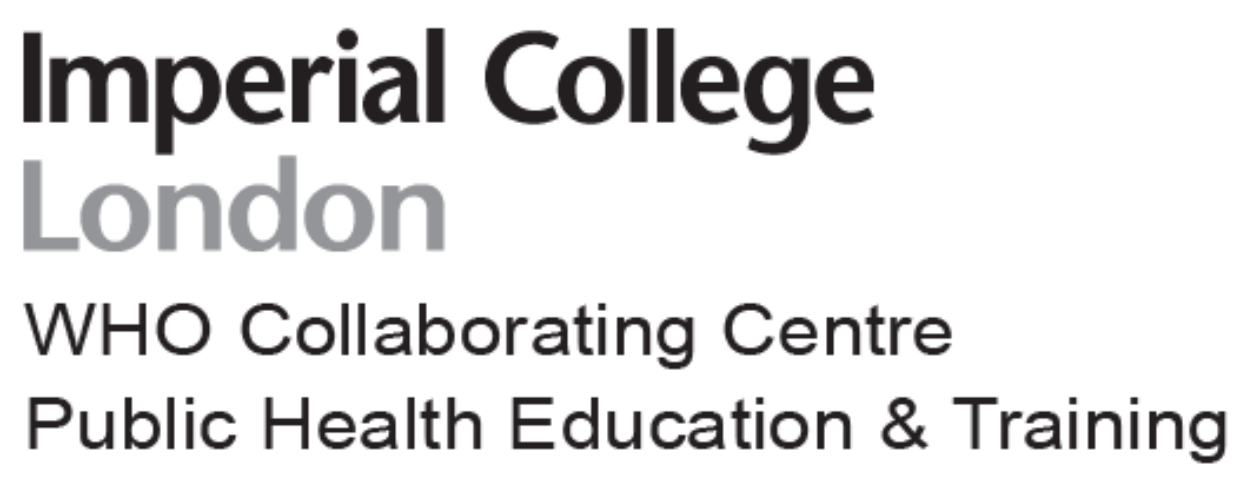Academic Training
------
The Imperial WHO Collaborating Centre for Public Health Education and Training has developed an innovative Advanced Academic Training Course for medical and health professionals in academia worldwide.
The course encapsulates a variety of different skills development disciplines, including communication skills, students' assessment, Masters and PhDs examinations and small-group learning. Modern teaching and research skills development is achieved through interactive learning and hands-on experience through highly advanced skill labs, attending undergraduate students' clinical teachings in primary care, community and hospital settings.
The 8th Advanced Academic Training dates are yet to be confirmed.
------
------
Aim:
To provide advanced training in teaching (both at undergraduate and postgraduate level) and research methodology to the highest international standards; which is currently practised in the highest performing universities.
Objectives:
- Candidates will be well versed with modern medical undergraduate teaching and problem-based-learning which are student-centred in class, community and clinical settings.
- Candidates will be familiar with the postgraduate educations (for a degrees level - Master and Doctorate of Philosophy PhD) and training for higher medical and surgical training programmes (Board / Membership level).
- Candidates will be able to write a research proposal / protocol; submit proposals for funding; conduct a research programme; write a report / paper for publications; and disseminate the findings.
- Candidates will be able to use skill labs and computer simulations for modern teaching at undergraduate and postgraduate level, engaging students to enhance their skills and ensuring high level of competencies.
- Candidates will develop their leadership role in medical education; learn about modern management in medical schools including finance, governance and stewardship.
------
Learning Methods:
- Classes through interactive learning, based on exercises, problem solving and role play
- Attend teaching programmes (class, skill labs, community and clinical settings)
- Attend assessments (early stage assessments), Master Exams, and PhD exams
- Conduct Objective Structured Clinical Examination (OSCE) and Objective Structured Public Health Examination (OSPHE), Objective Structured Long Examination Record (OSLER), Mini-Clinical Evaluation Exercise, Direct Observation of Procedural Skills (DOPS), Mini-Peer Assessment tool (Mini- PAT)
- Set up scenarios for Problem Based Learning (PBL).
- Use of modern library (including electronic access to literature, information and data)
- Visit to clinical simulation centre and skill labs
- Meet students and academia
- Assessing each candidate leadership style
- Assessing each candidate learning styles
- Selected candidates are placed in the Health Service to observe clinical work
------
Comments from 2014 group:
- "We hope to continue in this programme and teach as most of it as possible to the teaching staff in our country"
- "There are a lot of things I had learned: new methods of learning, small group teaching and the importance of research and the quality of the library"
- "I will apply the knowledge that I achieved in Imperial College. I will also change my behaviour with the students in the college of medicine in my country. For a long time I needed these (new) subjects and I will teach them in the future"
Comments from 2013 group:
- "A very interesting teaching course of which I benefited more than expected."
- "I will change my learning & teaching style or try to contribute to the reform of the education system in Iraq"
- "Teamwork will be the future of medicine. Public health, physicians or surgeries need to cooperate together for the benefit of patients and I will teach this to the students."
------
<p>
Contact Ms Ela Augustyniak for more details.










